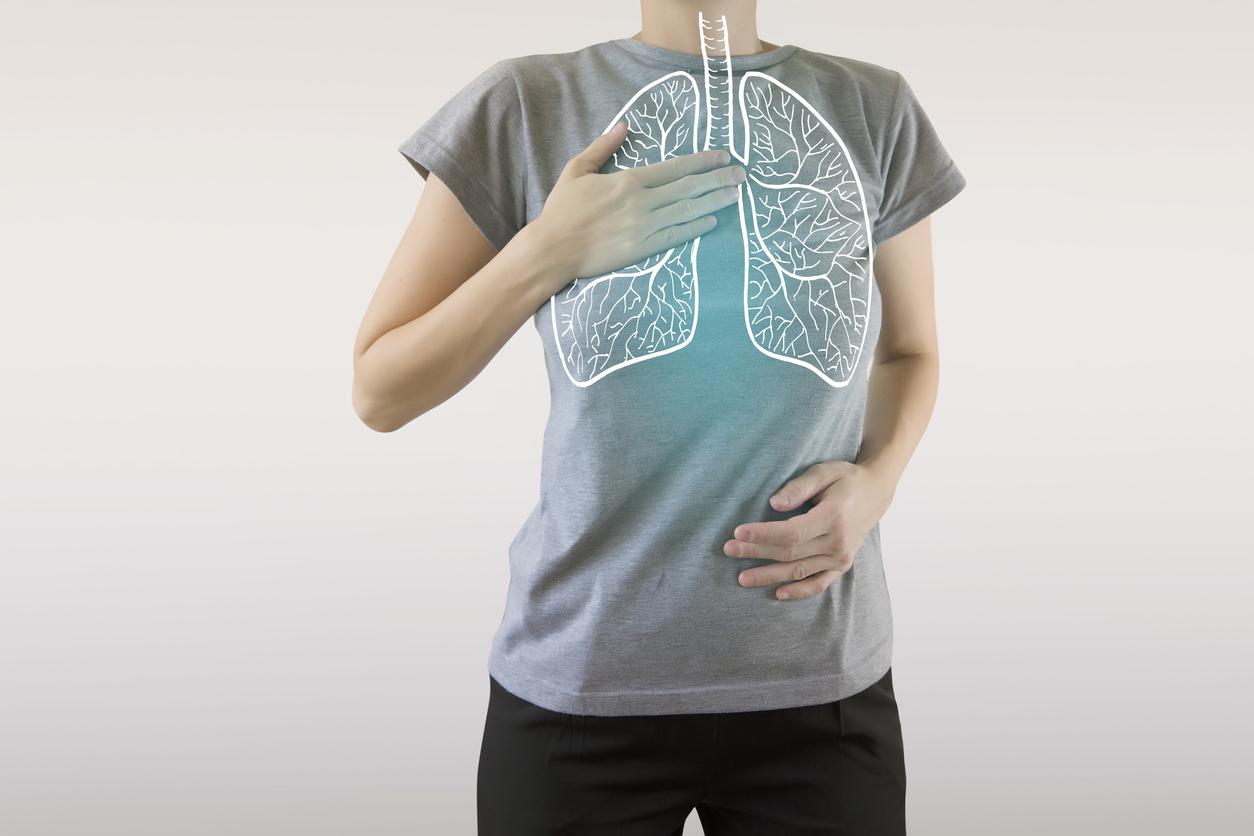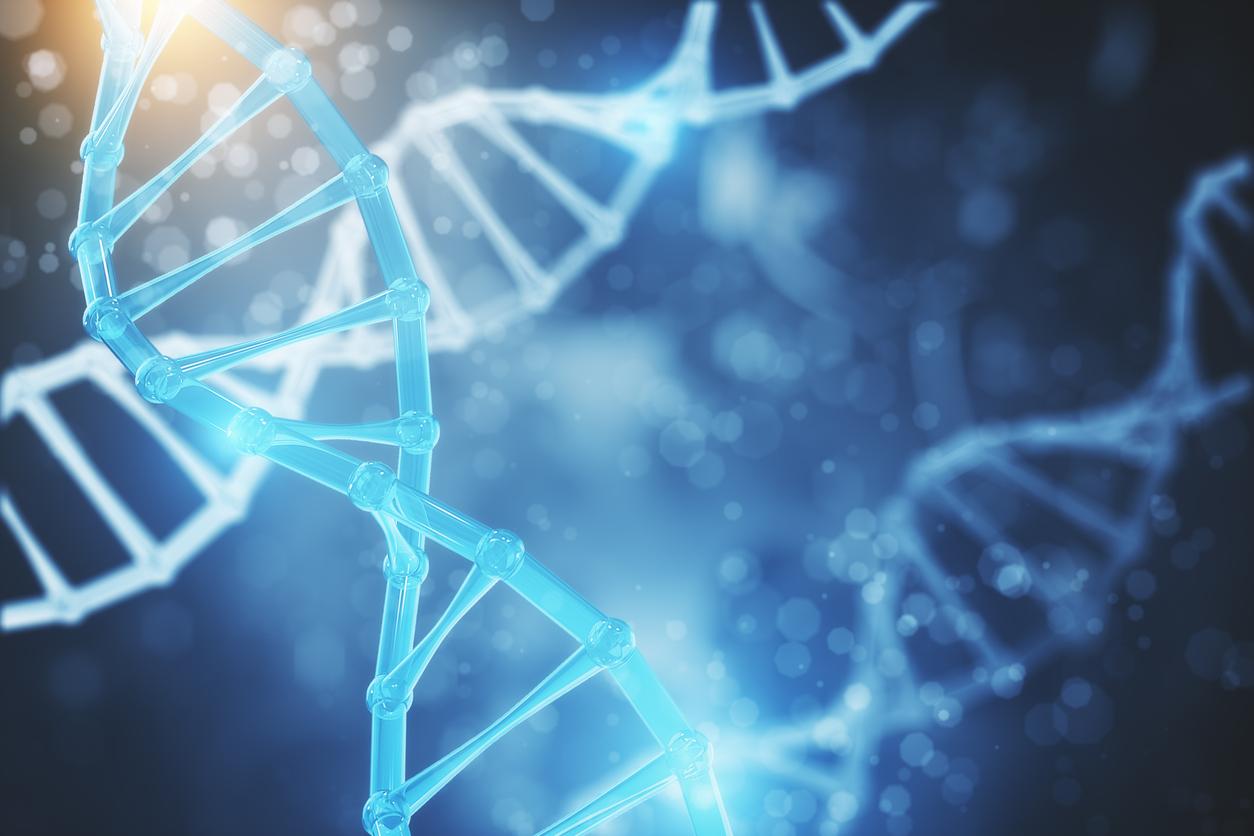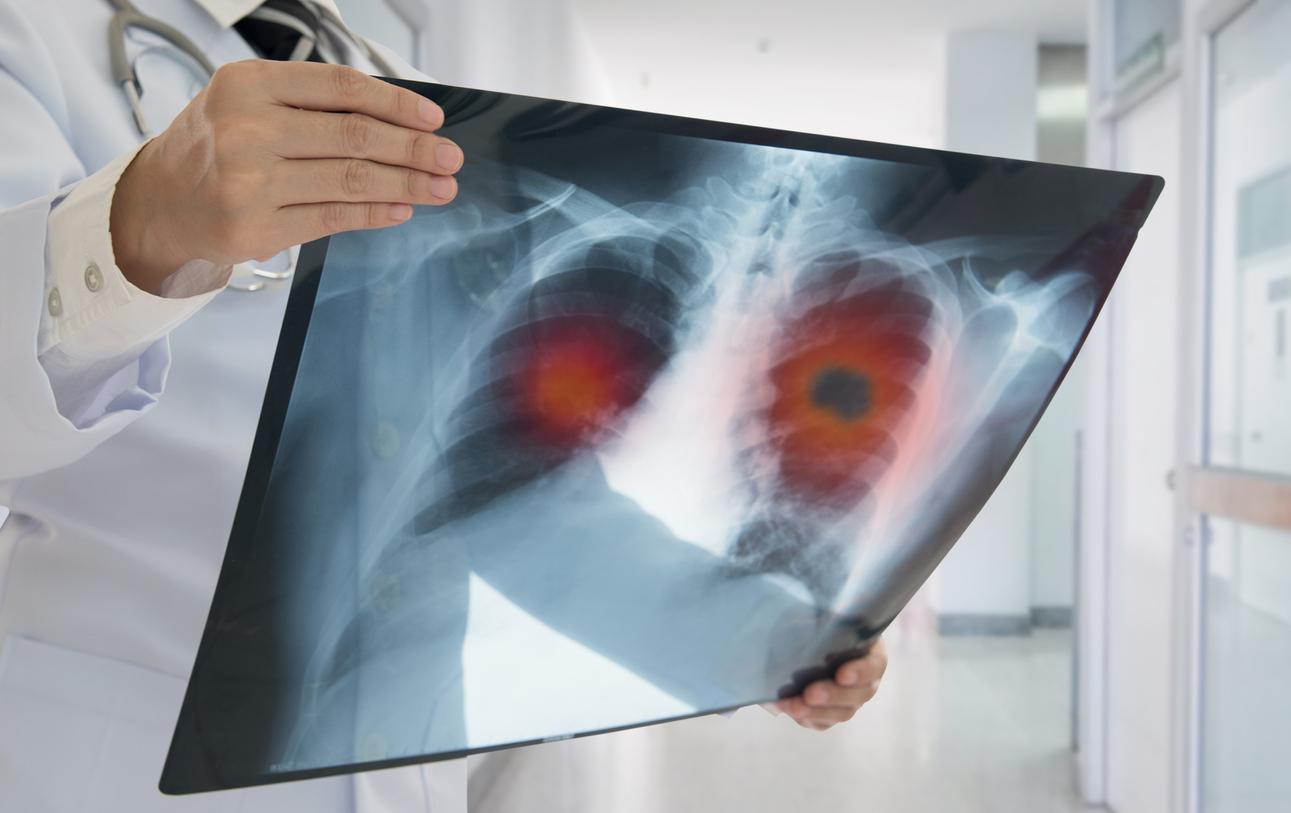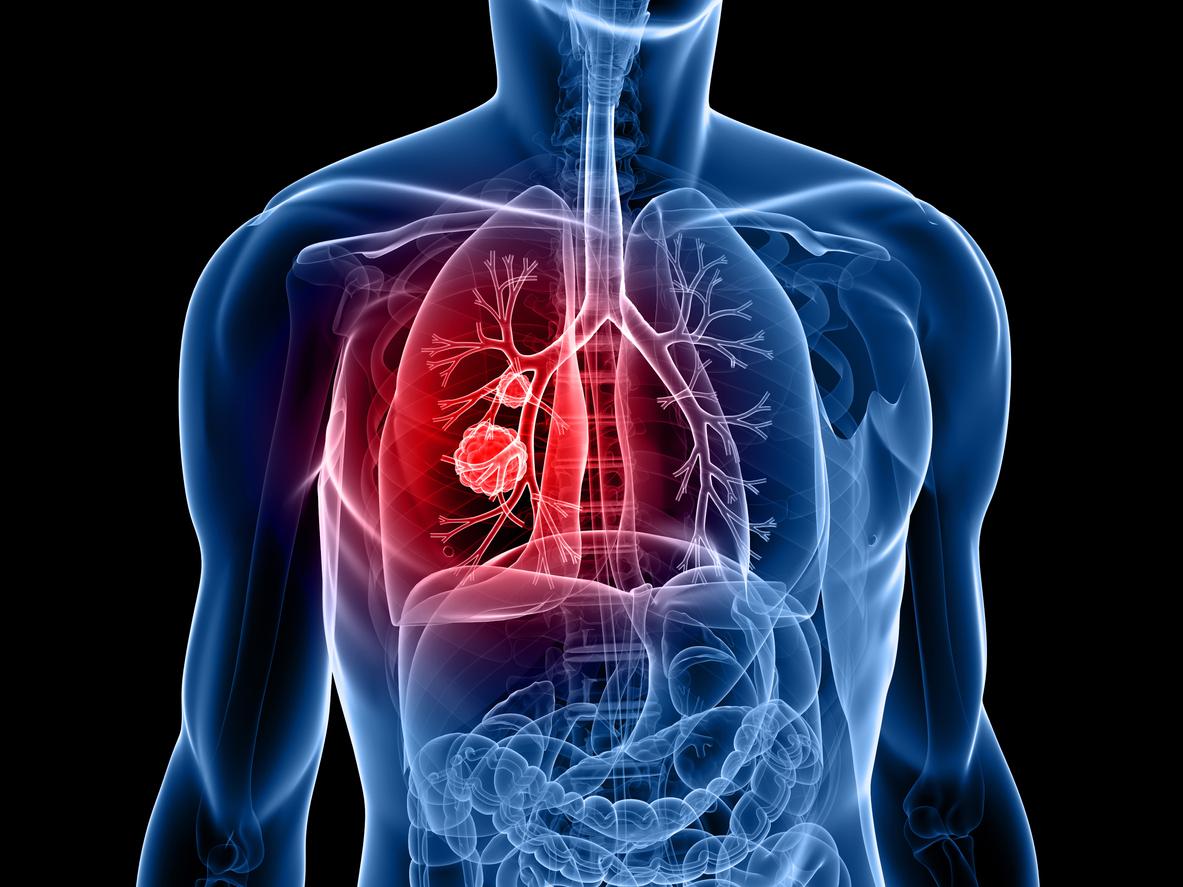Tobacco smoke causes epigenetic changes in lung cells. The longer the exposure, the more these mutations accumulate.
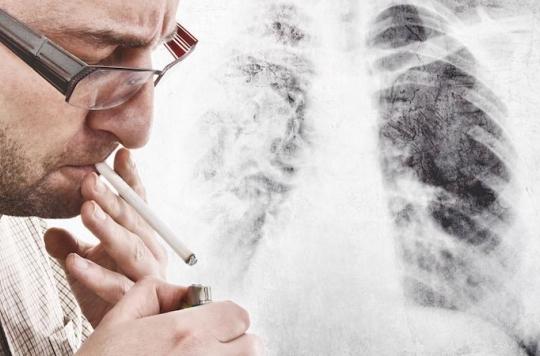
Cigarettes kill slowly. Slowly but surely. A study conducted by Johns-Hopkins University (United States) shows this clearly.
Posted in Cancer Cell, it highlights the pernicious impact of tobacco smoke on lung cells. Epigenetic changes, favoring the development of cancer, accumulate over time.
To achieve this, American scientists have used lung cells cultured in the laboratory. For 10 to 15 months, they were exposed to a concentrate of tobacco smoke, supposed to mimic the consumption pattern of a smoker over a period of 20 to 30 years.
Within 10 days of the start of exposure, the first abnormalities appear. Over time, proteins that promote epigenetic changes bind more strongly to DNA. At the end of the study, it is covered with traces of methylation, a phenomenon that modifies the expression of genes.
A key change
“When you smoke, you build up support for epigenetic changes that we believe increase your risk of developing lung cancer,” says Stephen Baylin, lead author of the study. If you are a non-smoker, this risk is very low. “
Several genes are affected by these alterations and are no longer expressed. A worrying process, since they are necessary to protect healthy cells from cancer. In fact, tobacco smoke works to promote mutations in KRAS, a known oncogene. Normally, its activity is signaled to trigger the immune system.
But the presence of the mutation is not enough. Without epigenetic change, the organism defends itself. Two categories of cells were exposed to KRAS. In one case, they were and have remained so. In the other, gene expression was altered, and cancer developed.
30% of cancers involved
It remained to verify that on a living organism. Mice were selected for this. A group of rodents were injected with lung cells exposed to tobacco smoke for a shorter or longer time. Six months of exposure has no effect on the animals. In contrast, cells that underwent 15 months of exposure caused pulmonary adenocarcinoma.
In fact, approximately 30% of pulmonary adenocarcinomas carry the KRAS mutation. They also frequently harbor abnormalities produced by cigarette smoke. But these strongly depend on the duration of consumption.

Conclusion: it’s never too late to quit smoking. On the contrary, weaning quickly makes it possible to limit the damage, at least on the DNA. “If you are a smoker, you have an 8 to 9 in 10 chance of not developing lung cancer,” says Stephen Baylin. But the statistics really work against you, in part because of these epigenetic changes that are piling up. “
.











